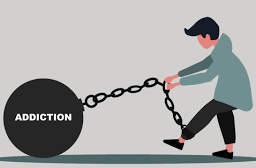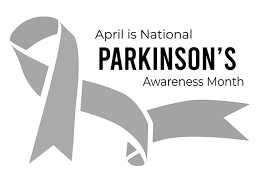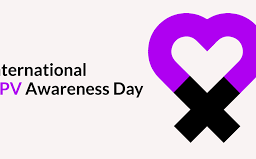
Prescribed Medication Guide: What You Need to Know About Side Effects and Interactions
Discover the vital role of prescribed medication adherence in maintaining optimal health. This comprehensive guide emphasizes the importance of following your doctor’s prescribed regimen. We’ll explore the risks associated with non-compliance and provide practical tips for ensuring your well-being. Let’s prioritize health together by understanding the value of staying on track with prescribed medications

Tips for Staying on Track with Your Medication Regimen
Therefore, taking medication is essential for managing your health condition. Not taking medication as directed can have serious consequences, including worsening symptoms, increased risk of complications, and even drug resistance. By setting reminders, keeping a record, and asking for help when needed, you can stay on track with your medication regimen and improve your overall health and well-being. Remember, always talk to your doctor before making any changes to your medication regimen.
















